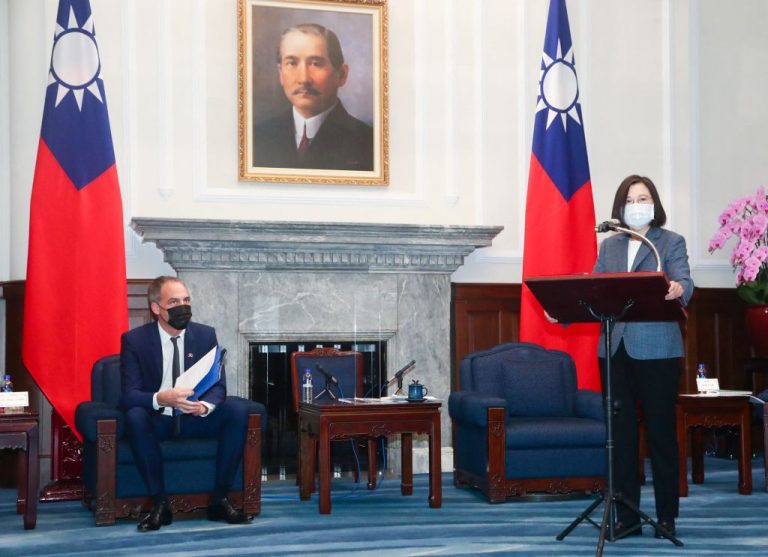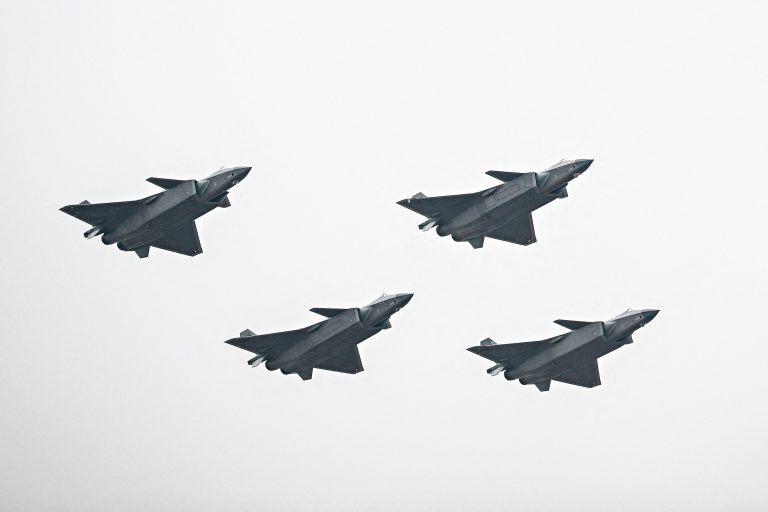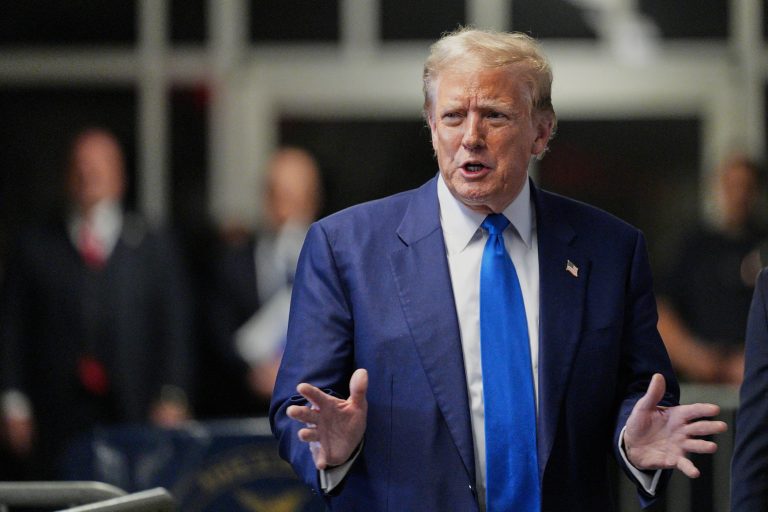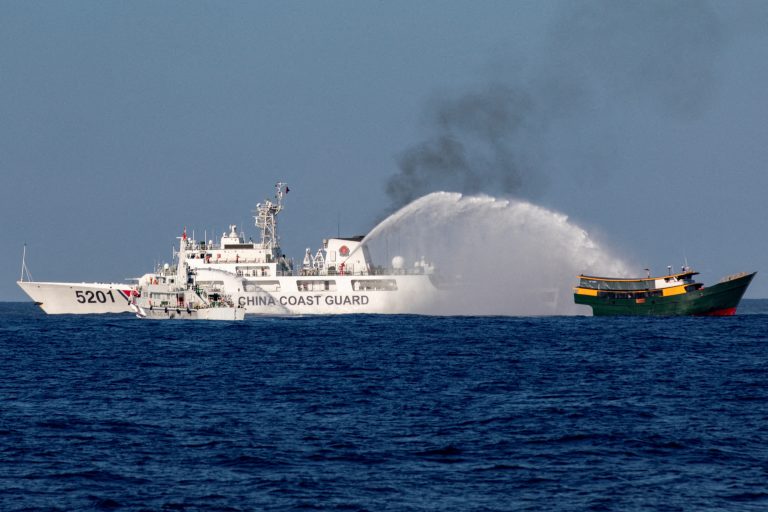Taiwan President Receives EU Delegation on First Official Trip, Discusses Counters to Communist China
Lawmakers from the European Delegation’s committee on foreign interference met with Taiwanese President Tsai Ing-wen in Taipei on Thursday.
Despite warnings of retaliation from Beijing, the 13-member delegation reinforced their support for the small nation and expressed desire in learning how the democratic island has been able to counter the CCP’s long-time threats so successfully.
Raphael Glucksmann, the committee’s French chair said: “We came here with a very simple, very clear message. You are not alone. Europe is standing with you, by you, in the defense of freedom and the defense of rule of law and human dignity.”
“Taiwan is the most vivid, robust and enlightened democracy in this region.” Glucksmann said.
Success
You are now signed up for our newsletter
Success
Check your email to complete sign up
Tsai welcomed the delegation’s support and described the visit as “highly significant,” emphasizing that it was “high time for the European Union to step up its cooperation with Taiwan.”
Taiwan’s leader also said they were willing to share their experience in combating foreign interference and that they would like to build a “democratic alliance” against disinformation. “This will deepen our partnership and help safeguard the free and democratic way of life we enjoy,” Tsai said.
Tsai’s reception of the EU delegation follows up moves by the international community to step up verbal support for Taipei. U.S. Secretary of State Antony Blinken, who described the U.S.-Taiwan alliance as “rock solid,” has called for the island to be represented in the United Nations.
In late October, U.S. President Joe Biden said America had “a commitment” to defend Taiwan, though this statement was later backtracked by White House press secretary Jen Psaki. Under the Taiwan Relations Act, the U.S. is obliged to provide Taiwan with the means to defend itself, but does not require Washington to support Taipei directly in the event of invasion.
The EU-Taiwan visit was met with immediate aversion by the mainland Chinese regime, with the People’s Republic of China (PRC) Foreign Ministry slamming the public meeting and claiming it breached Beijing’s One-China principle.
The PRC claims Taiwan as a rightful part of its territory; Taiwan is officially governed as the Republic of China (ROC), which once controlled all of China before retreating to the island after its 1949 defeat in the Chinese Civil War.
PRC foreign ministry spokesman Wang Wenbin told a scheduled press conference on Thursday: “the Chinese side resolutely opposes certain individual members of the European Parliament [visiting Taiwan], and for this we have lodged solemn representations [with the Parliament],” emphasizing that, “the fact that Taiwan is part of China cannot be changed.”
“We urge the European side to correct its mistakes and not send any wrong signals to the Taiwan independent separatist force otherwise it would harm China-EU relations.” Wang said during the daily briefing.
Beijing’s ambition towards reclaiming Taiwan has reached new levels of intensity in recent months. ROC authorities have reported Beijing sending approximately 150 warplanes into the island’s air defense zone over four days beginning in early October.
On Oct. 6, Taiwan’s defense minister Chiu Kuo-cheng warned that the communist People’s Liberation Army (PLA) would be able to easily take the island by 2025, saying that “[the PLA] has the capacity now, but it will not start a war easily, having to take many other things into consideration.”














